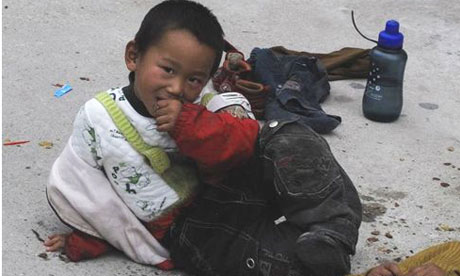Call for internet users to post pictures of street children results in huge response – and abducted boy being reunited with his father
- guardian.co.uk,
- Article history

Chinese parents turn to microblogging in hunt for missing children | World news | The Guardian


No comments:
Post a Comment